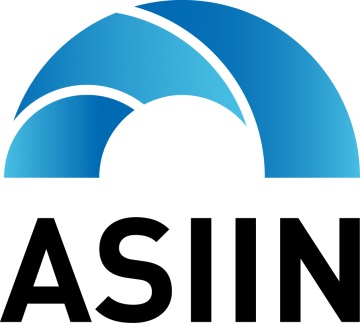 Bahasa Indonesia
Bahasa Indonesia English
English
You are here
Program Learning Outcome
Primary tabs
PLO-1: Upholding human values in carrying out duties based on religion, morals, and ethics
PLO-2: Demonstrating a responsible attitude towards work in their field of expertise, independently
PLO-3: Working together and having social sensitivity and concern for the community and the environment
PLO-4: Mastering theoretical concepts in the field of Natural Sciences (IPA), which include: (1) physics (measurement, mechanics, heat, vibrations, sound waves, electricity, magnetism, optical systems, and modern physics) and its application in biological systems (biophysics); (2) biology (diversity of living organisms, evolution, genes, cells, systems in living organisms, ecological relationships, and interdependence); (3) chemistry (concepts of matter particles, atoms, and the periodic table, chemical reactions, chemical substances) and their application and influence in living systems
PLO-5: Mastering theoretical concepts of educational theory (pedagogy); characteristics of student development; theoretical concepts of curriculum, approaches, strategies, models, methods, techniques, teaching materials, media, and learning resources for science education
PLO-6: Mastering complete operational knowledge about the functions, operation of standard science instruments, and analysis of data and information from these instruments, safety procedures and workplace safety in science laboratories.
PLO-7: Mastering knowledge about the functions and utilisation of technology, particularly information and communication technology, relevant to development of science education quality
PLO-8: Able to utilise science and technology in the field of science education and adapt to situations encountered in problem solving.
PLO-9: Mastering theoretical concepts in specific areas of science education and being able to formulate procedural problem-solving
PLO-10: Able to make strategic decisions based on analysis of information and data, and provide guidance in selecting various alternative solutions.
PLO-11: Accountable for one's work and capable of being entrusted with responsibility for achieving organisational work outcomes.
PLO-12: Able to demonstrate independent, high-quality, and measurable performance;
PLO-13: Able to assess the implications of the development or implementation of science and technology that considers and applies humanities values following their expertise based on scientific principles, procedures, and ethics to produce solutions, ideas, or designs;
PLO-14: Able to make appropriate decisions in the context of problem-solving in their field of expertise, based on the results of information and data analysis
PLO-15: Able to maintain and develop a professional network with supervisors, colleagues, and peers both within and outside their institution
PLO-16: Able to take responsibility for the outcomes of group work, and supervise and evaluate the completion of tasks assigned to workers under their responsibility
Kontak Kami
Program Studi Pendidikan IPA
FMIPA Universitas Negeri Yogyakarta
Kampus Karangmalang Yogyakarta 55281
Email: s1pend_ipa@uny.ac.id
Instagram: @depdikipauny


Copyright © 2026,


